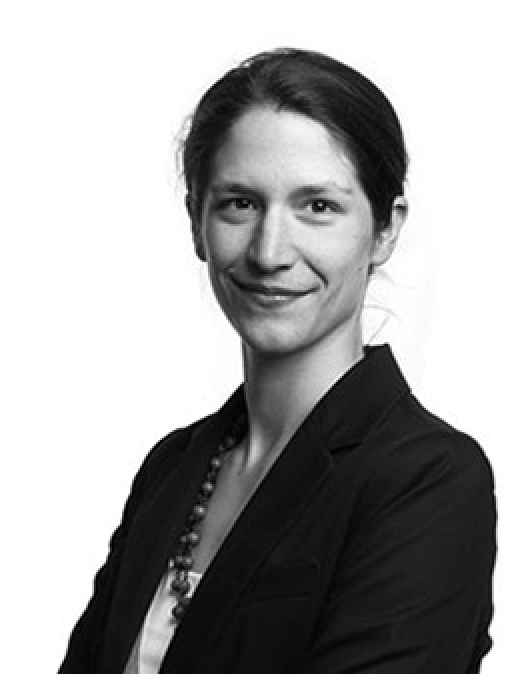
Nora Brüggemann is Senior Project Manager at the Collaborating Centre on Sustainable Consumption and Production (CSCP) in Germany, where she belongs to a team working on sustainable lifestyles and behaviours. She is currently coordinating and moderating the Dialogue Forum for Reduction of Food Waste in the Wholesale and Retail Industry in Germany, as part of the National Strategy against Food Waste. Nora contributed to the European projects REFRESH and CHORIZO on food waste and coordinated SPREAD Sustainable Lifestyles 2050.
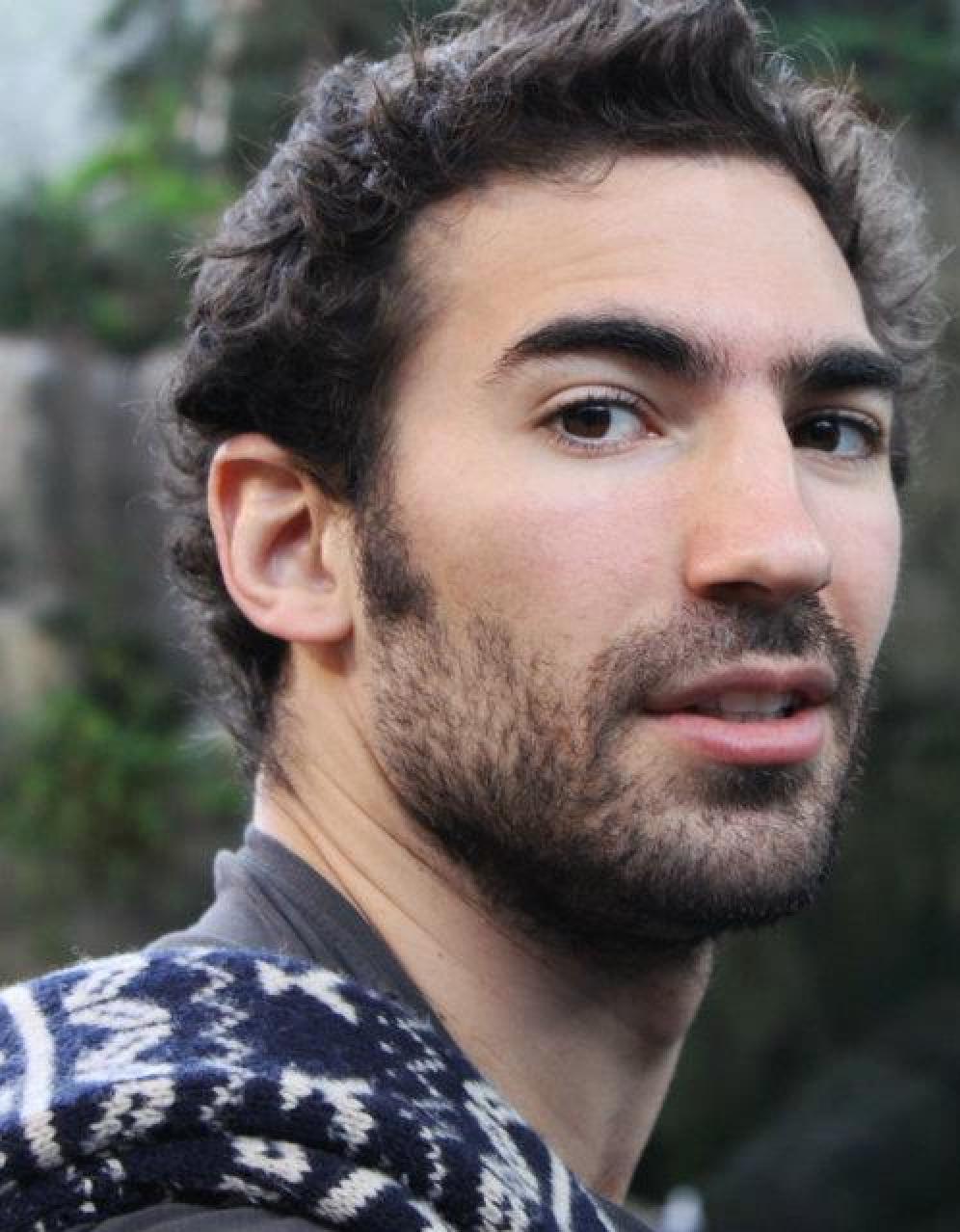
Thomas Candeal is a consulting expert on sustainable innovation in the field of food surplus collection and redistribution of unsold food and a project manager at the International Food Waste Coalition. Based in France, he works to reduce food waste in collaboration with key players in the Hospitality and Food Service (HaFS) sectors across Europe. He has been working with schools and corporate restaurants with a focus on raising awareness and triggering behavioural change.
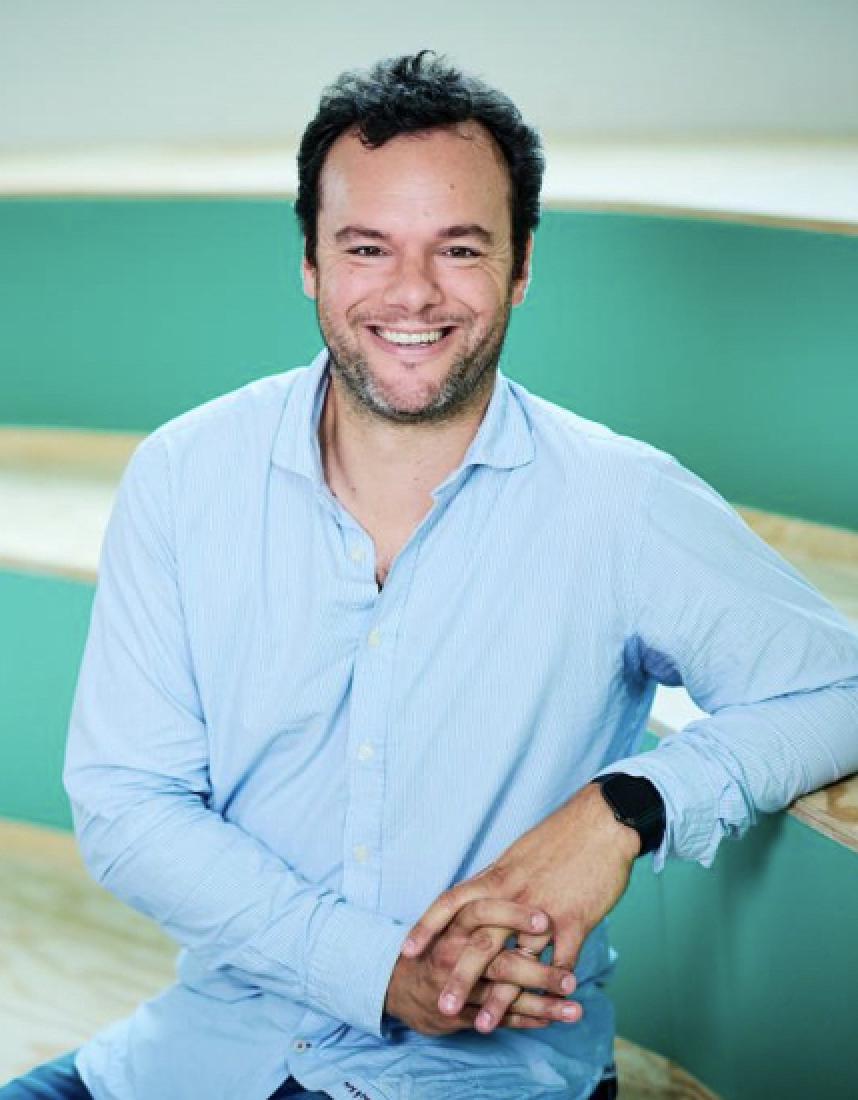
Christophe Diercxsens is the Global Public Affairs Director at Too Good To Go (TGTG), a social-impact company that aims to empower and inspire everyone to fight food waste. He is based in Brussels (Belgium) and has been involved in various campaigns that aim at raising awareness for the environmental, social and economic impact of food waste, including the “Waste Warrior Brands”, “Cities Against Food Waste”, and the “TGTG Date Labelling Campaign”. He also represents TGTG in the EU Platform on Food Losses and Food Waste.
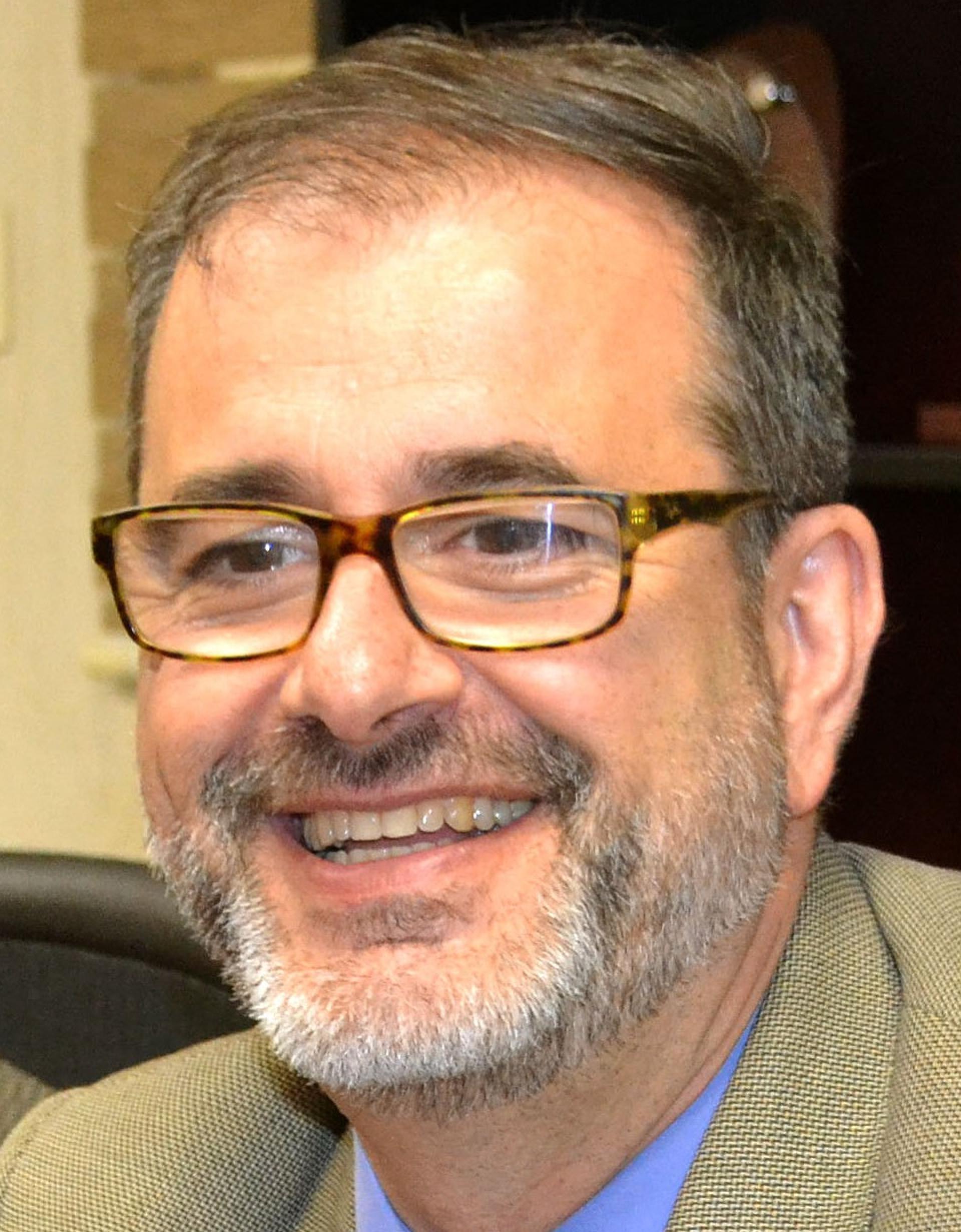
Jose M. Gil is a Professor of Agricultural Economics at the Technical University of Catalonia (UPC), Director of the Centre for Agro-food and Development Economics (CREDA) and Director of the “Mercabarna Chair on the Prevention of Food Losses and Waste” in Spain. His research focuses on the economics of food waste and related policy issues with respect to the consumer, the food industry and trade. It covers a wide range of topics, from quantification of food losses at early stages of the supply chain to studies on consumers' attitudes as well as on the effectiveness of nudging strategies to increase consumers' awareness and reduce food waste.
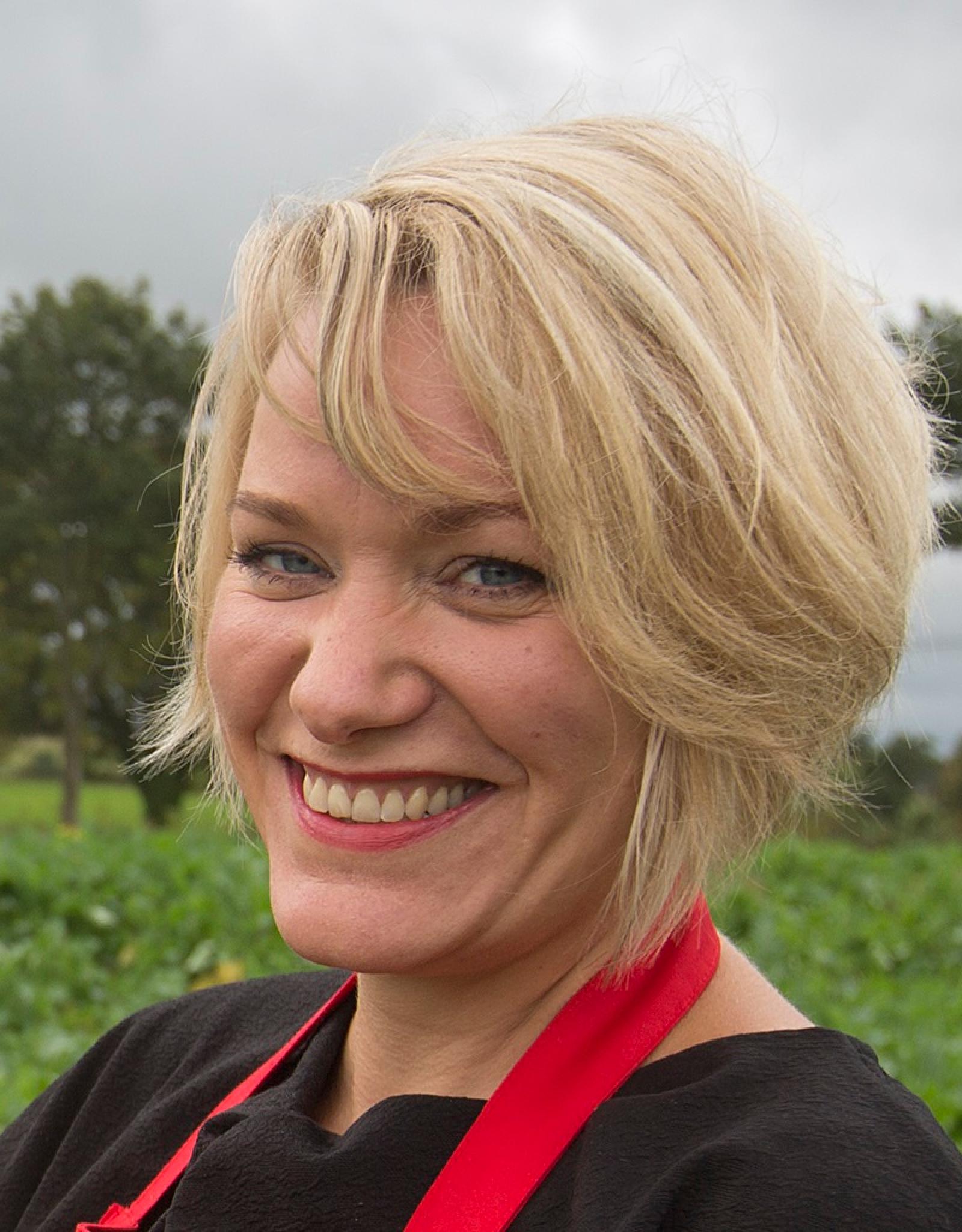
Ylva Haglund is a food waste and sustainability expert based in Scotland (UK). She is a Food Waste Campaigns Manager at Zero Waste Scotland and has been involved in campaigns and behaviour change interventions to reduce consumer food waste, including the “Scottish Love Food Hate Waste” campaign. She has also supported a variety of audiences to accelerate food waste reduction and other sustainable practices.
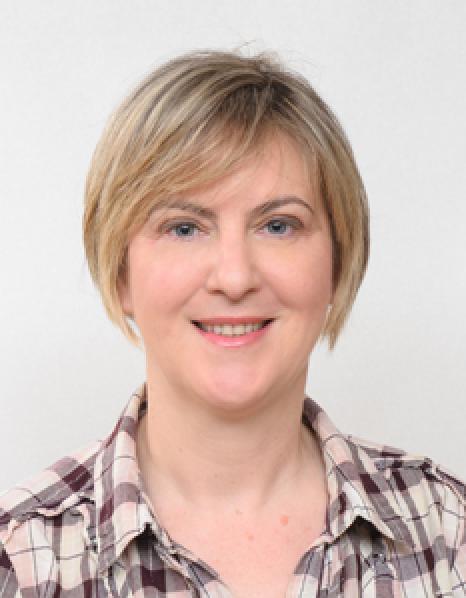
Gulbanu Kaptan is an Associate Professor in Behavioural Decision Making at the Leeds University Business School (UK). Her research focuses on judgement and decision-making with a special interest in food-related decision-making by designing risk/benefit communications and interventions related to food consumption and waste. She has led and been involved in research projects funded by the UK and international funding agencies and is the principal investigator for a project on “Capitalising on COVID-19 as a Trigger for Positive Change in Food Waste Behaviour”.

Gyula Kasza is the Head of the Department for Risk Prevention and Education at the National Food Chain Safety Office in Hungary, Honorary Professor at the University of Veterinary Medicine Budapest and Associate Professor at the Hungarian University of Agriculture and Life Sciences. His current activities include the coordination of the project “Wasteless”, Hungary’s national food waste prevention campaign that targets households, education institutions, and the catering, retail and food industries. He is also the national representative in the EU Platform on Food Losses and Food Waste.
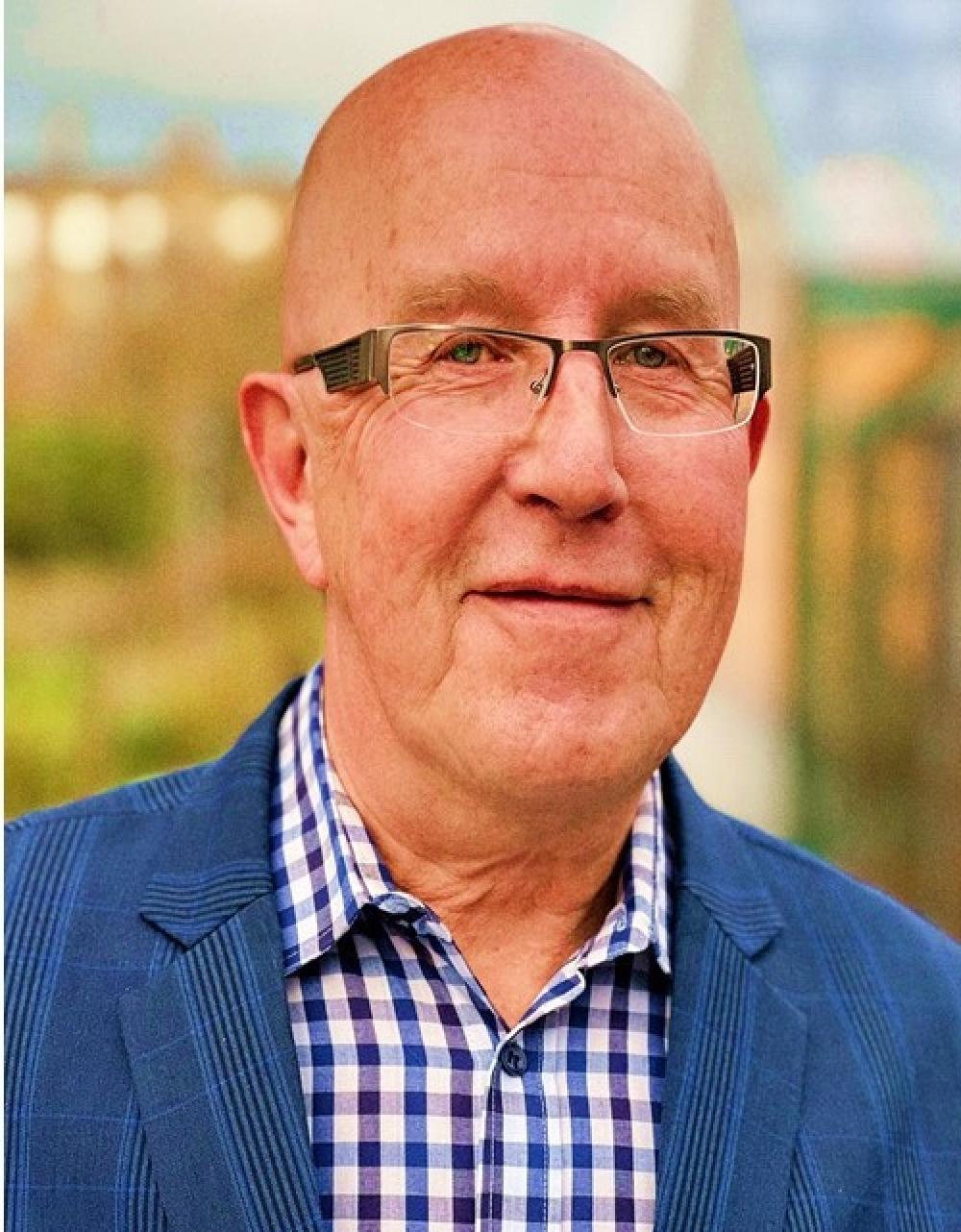
Bent Egberg Mikkelsen is a Professor of Urban Food Systems Transformation at University of Copenhagen (Denmark). He has expertise on food waste mitigation strategies, evolving around food waste data collection in public food and institutional catering, smart data collection strategies with standardised methods and computer-assisted technologies. His previous food waste research activities focused on learning strategies for young people at school, including how food waste mitigation can be integrated in science and digital learning at school. He has also been involved in the projects SELEA and SESAM.
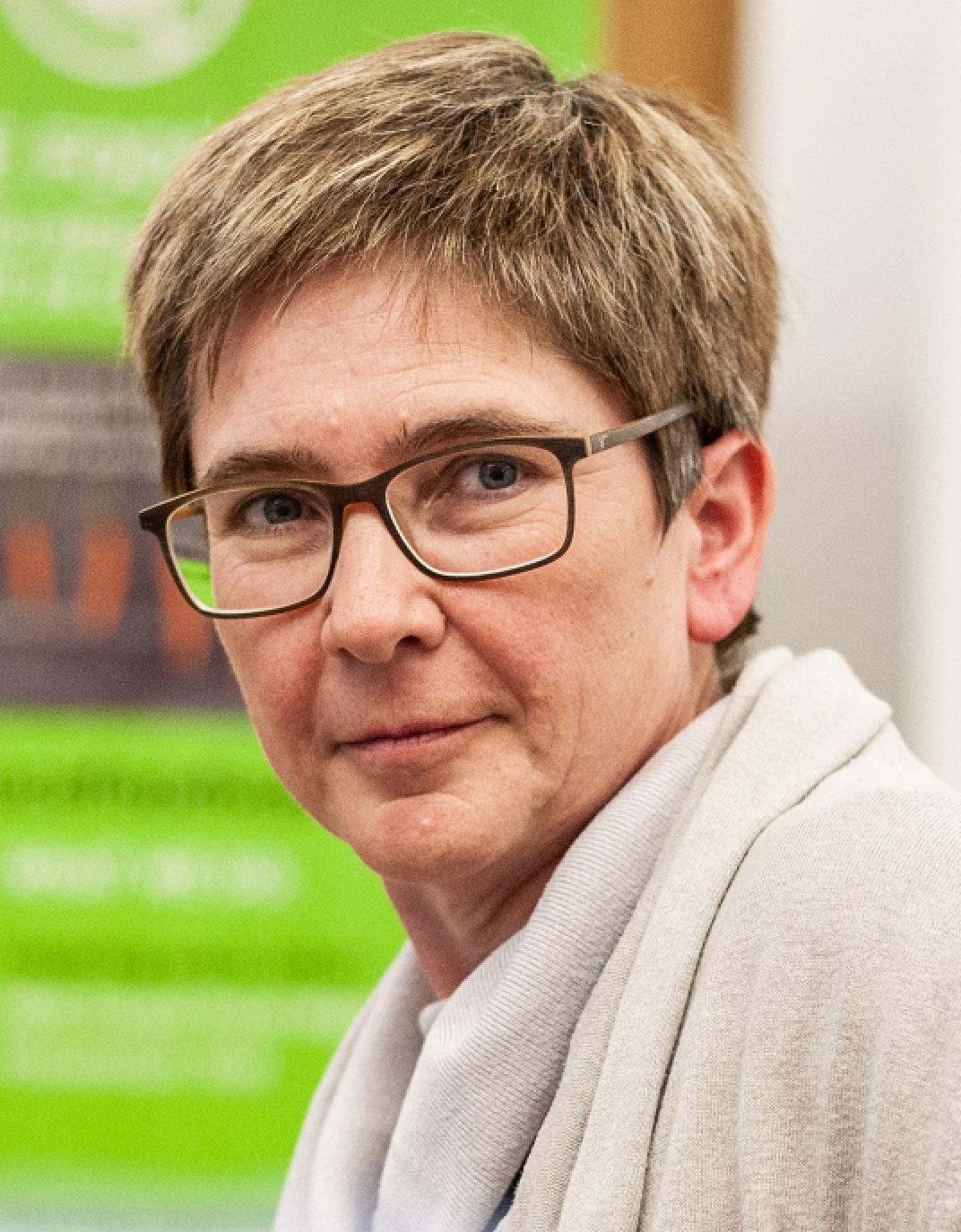
Gudrun Obersteiner is the Deputy Head of the Institute of Waste Management at BOKU-University of Natural Resources and Applied Life Sciences in Vienna (Austria). She had previously led the STREFOWA project funded by EU’s Interreg programme and several national projects on food waste prevention. Her research focuses on food waste prevention along the whole supply chain. She contributed to different projects on food waste generation and prevention in agriculture, retail, food service sector, household as well as schools.
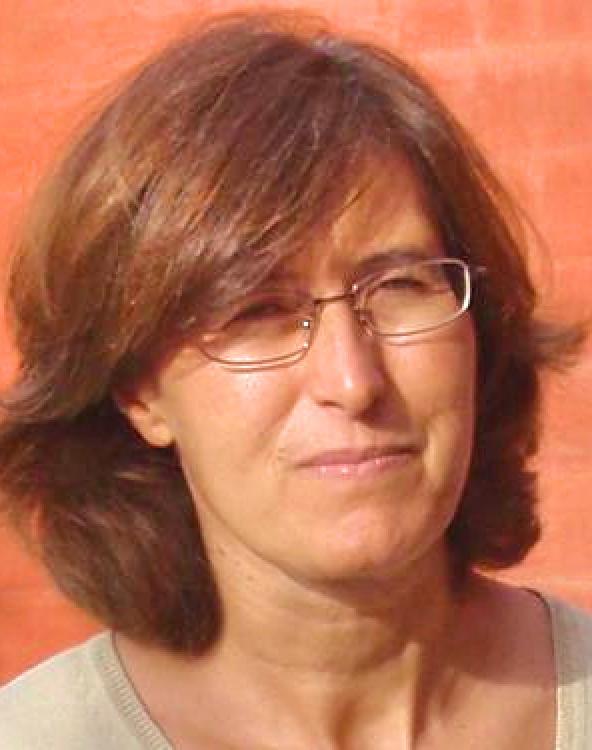
Iva Pires is an Associate Professor at the New University of Lisbon (Portugal). She is a member of the working group that implements the University’s Seal of Excellence “Healthy Food in Higher Education” and a Senior Researcher at the Interdisciplinary Centre of Social Sciences (CICS.NOVA). She has co-coordinated the first study of food waste and the first estimate on food loss and waste in the food supply chain in Portugal. Since 2018, she is a member of the Advisory Board of the National Commission to Combat Food Waste.
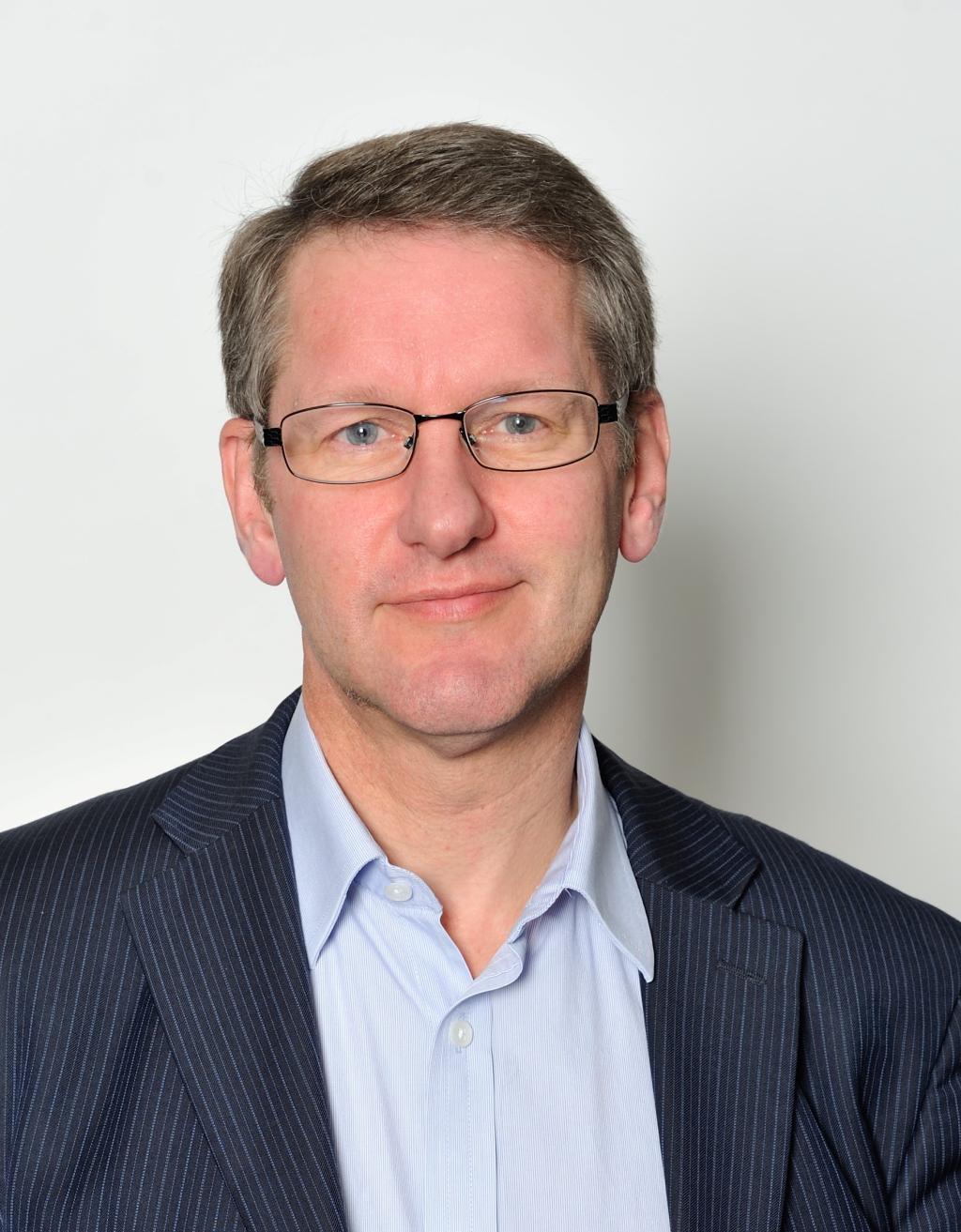
Richard Swannell is the International Director at WRAP, a not-for-profit organisation in the UK, working with partners in many countries to reduce the climate impact of the global food system and reduce plastic pollution. He has also led the team that started the UK's Courtauld Commitment, the first agreement with retailers and food manufacturers committed to reducing packaging and food waste.
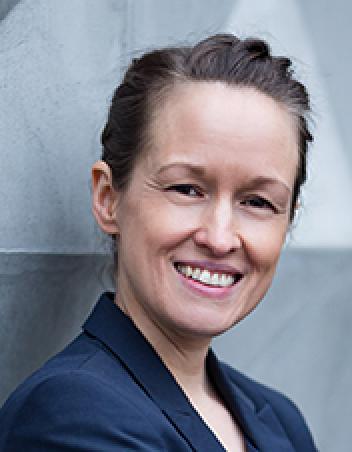
Jenni Vainioranta coordinates “Finland’s National Food Waste Forum”, a project focusing on consumer food waste that brings different parties together to develop household food waste prevention actions. The national project aims to find solutions from the retail sector, online groceries and packaging industry, which could support households in their efforts decreasing food waste. She has previously coordinated the “National Food Waste Week”, which reached circa 1.2 million Finnish consumers and also brought practical measures that helped decrease food waste in different parts of the food chain. She is also the national representative in the EU Platform on Food Losses and Food waste subgroup concentrated in consumer food waste prevention.

Erica van Herpen is an Associate Professor in the Marketing and Consumer Behaviour Group at Wageningen University (Netherlands). Her research focuses on consumer decisions in retail and household settings. Her ongoing work on household food waste relates to factors that influence the amount of food waste, validation of measurement methods, and the impact of interventions to diminish this waste. She has participated in the EU project REFRESH on food waste and is currently leading the project FETE, which examines transitions in the food system to reduce food waste.

Matteo Vittuari is a Professor of Agricultural Economics at the Department of Agricultural and Food Science of the University of Bologna (Italy). His research focuses in food system sustainability with particular attention on food waste reduction, healthy diets, impact assessment and policy and applies behavioural economics and life cycle thinking. He contributed to several of European projects on food waste, such as FUSIONS, REFRESH and CHORIZO and has led work packages in a number of other international projects. He also supports the Waste Watcher International Observatory.

Kohei Watanabe is a Professor at Teikyo University (Japan) and Research Associate at the University of Cambridge (UK). His research focuses on waste management, in Japan, Europe, and Southeast Asia, with particular attention on food waste at households. He has experience in compositional analysis of household waste and analysis of socio-economic and municipal waste data using statistics.
| Originally Published | 20 Aug 2020 |
| Related project & activities | European Consumer Food Waste Forum (Project 2021- 2024) |
| Knowledge service | Metadata | Bioeconomy |
